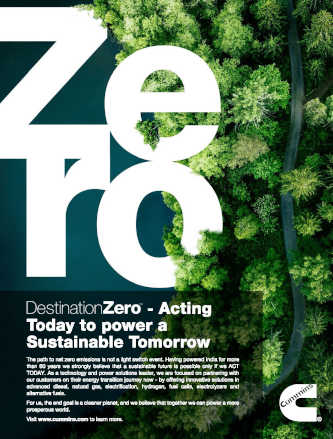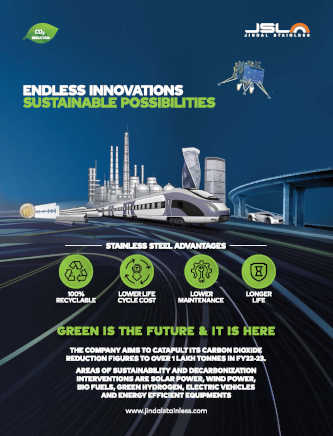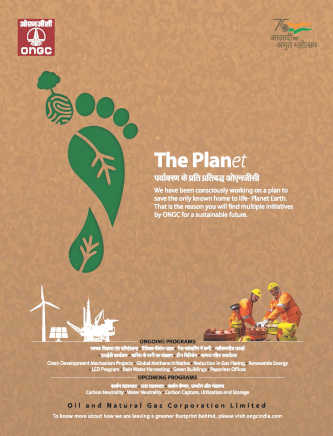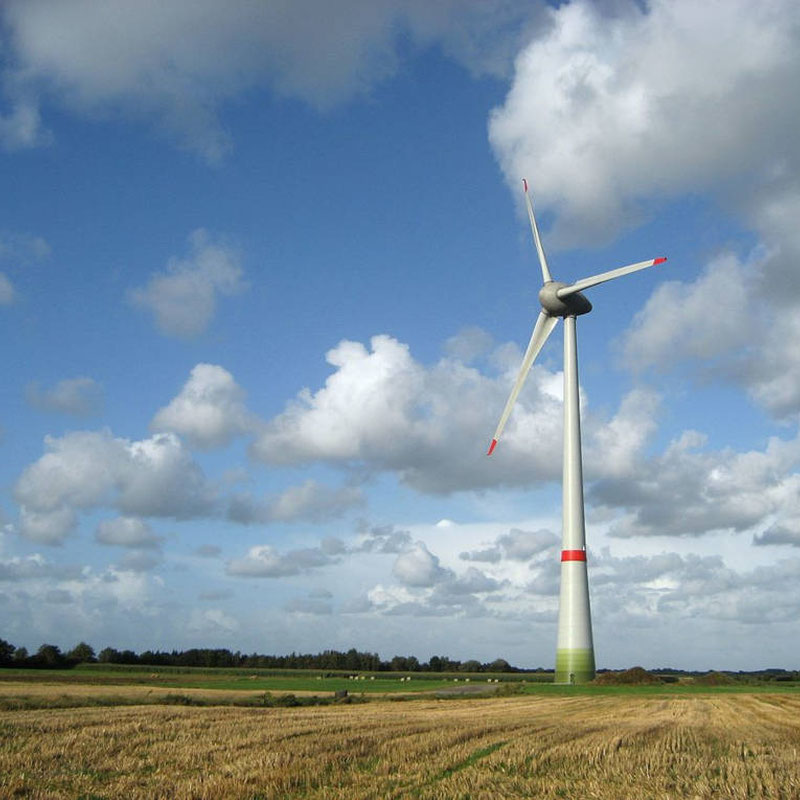There is a great need to utilise the free natural resources available to their full potential, according to wind energy experts. India’s excessive dependence on coal, which contributes over half of the country’s energy requirements, is one of the root causes of global warming. India, says Dr. P.K.C. Bose, vice chairman and managing director of Enercon Windenergy Pvt. Ltd, is the fourth largest market in the world for wind energy, with an unlimited potential for expansion. The country was growing well in wind energy till 2016; but this industry nearly collapsed the following year, he points out. The installed wind energy capacity needs to be greatly enhanced to play a key role in combating climate change. New and renewable energy minister R.K. Singh’s recent unveiling of a Real Time Market (RTM) in electricity has finally placed India in the global league, providing an organised market platform for buyers and sellers all over the country to meet their energy requirement closer to real-time operation, Bose says; the recently signed Indo-Danish agreement is also evidence of the government’s commitment to renewable energy production, mobilisation and usage. Enercon India, a subsidiary of the Germany-headquartered wind turbines major, will produce advanced technology turbines through contract manufacturing. Here, it is exploring the possibilities of working with Indian MSMEs to provide them with technology, training and long-term contracts to manufacture critical components like generators, blades, tower and sub-assembly exclusively for its use. It is also setting up its own generator plant in Erode in Tamil Nadu, with the aim of making India its global sourcing hub for turbines.
-
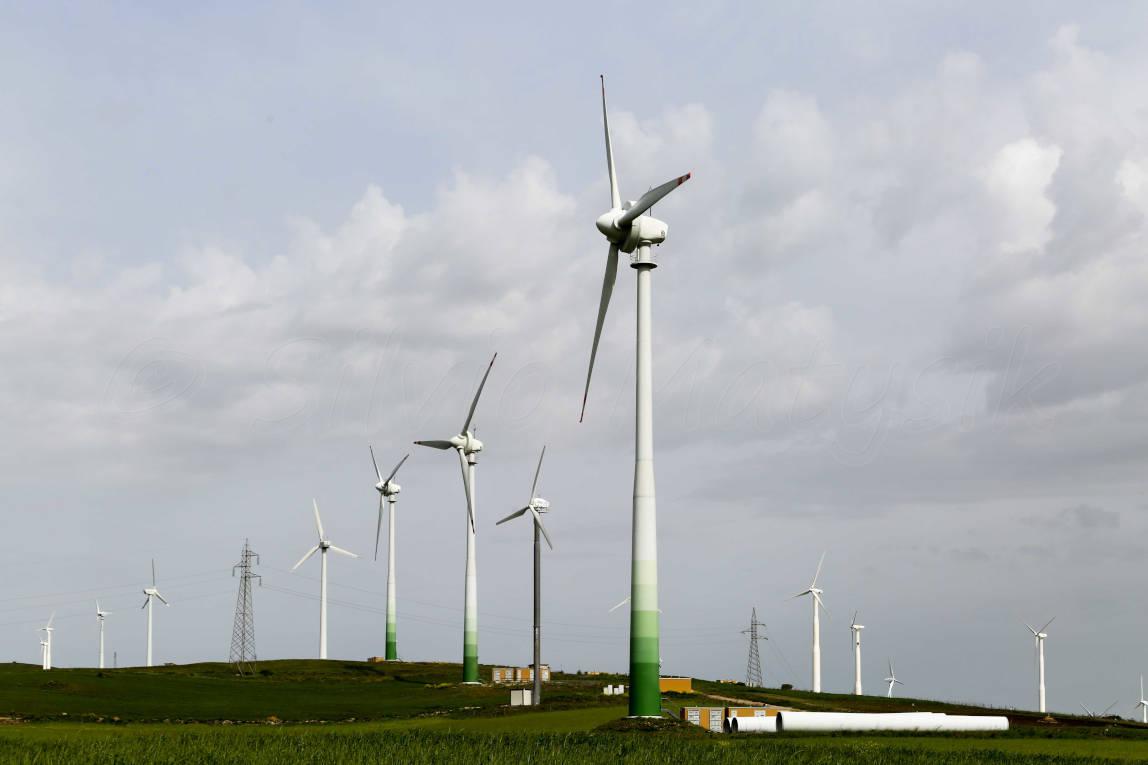
The answer is blowin’ in the wind


